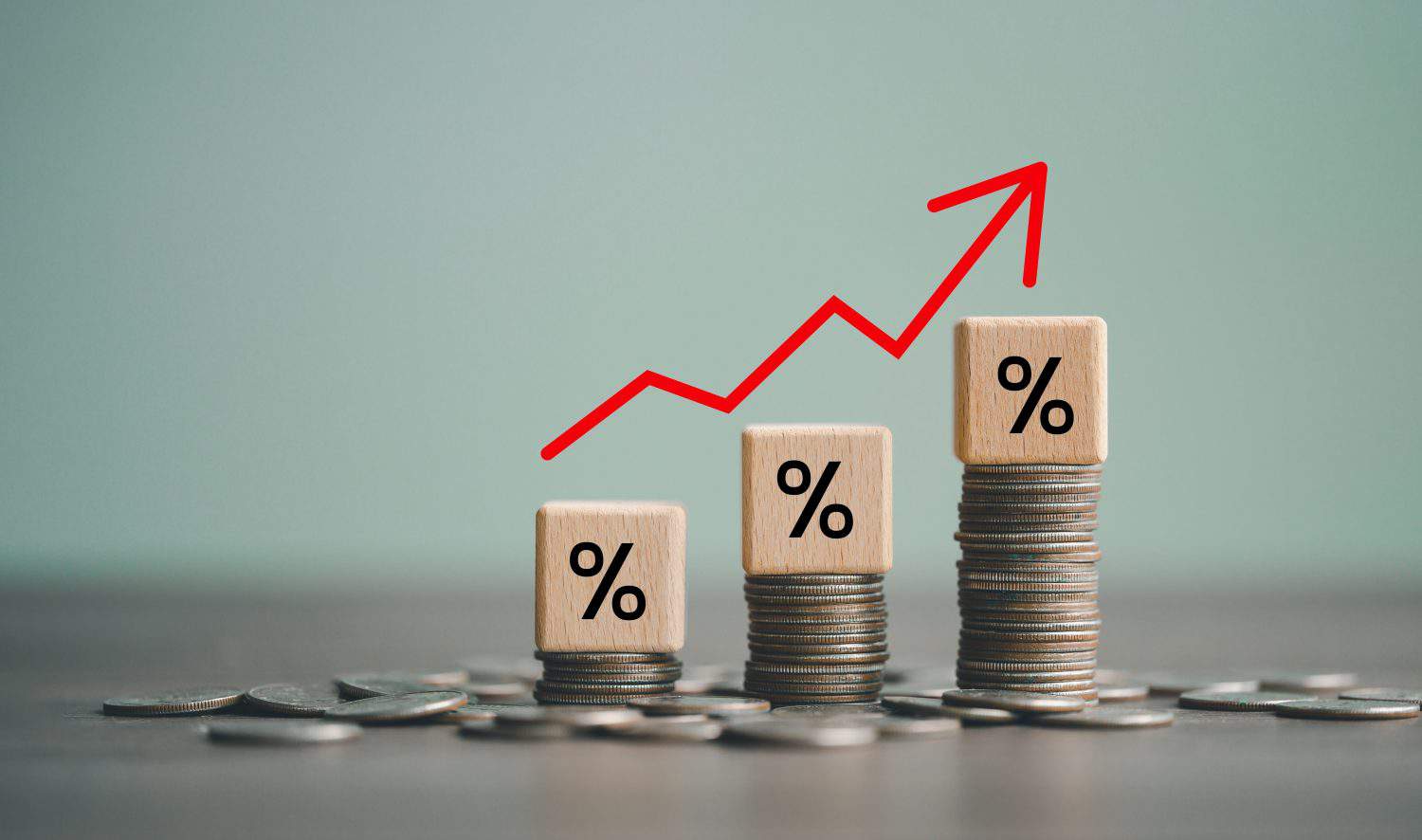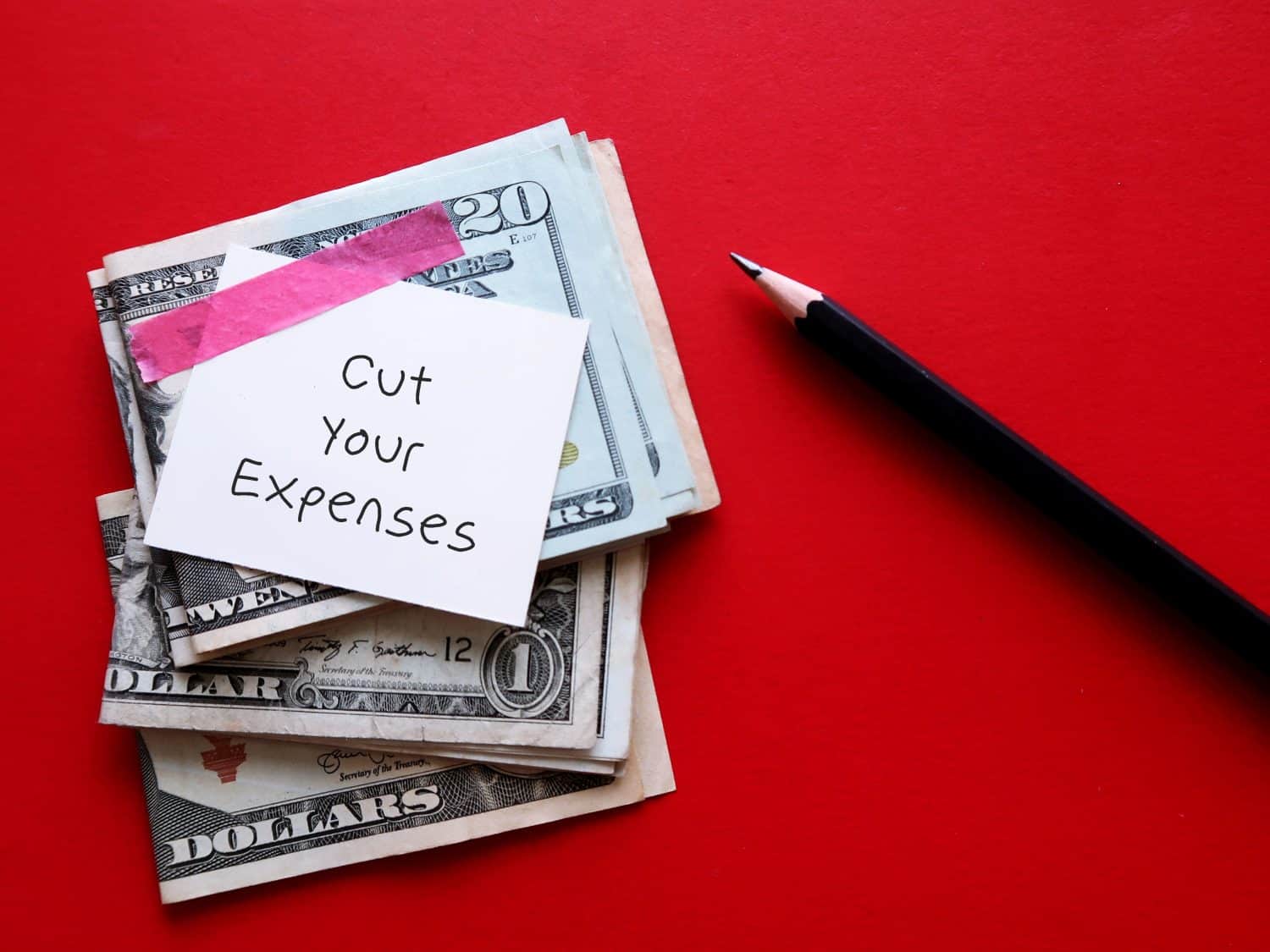Personal Finance
New Year, Same Budget? Why Your 2024 Plan Might Be Hurting Your 2025 Finances

Published:

The New Year is an exciting time when people reassess themselves and set big goals. However, you also have to make some changes to move closer to your long-term goals.
That may include changing your budget. Repeating your 2024 budget may end up hurting your 2025 finances. Here’s what you should keep in mind when determining how much you should allocate for your budget.
Consumers should adjust their New Year budgets based on inflation and shifts in their priorities. Increasing the amount of money you save by at least 1% per year (i.e., from 10% to 11%) can move you closer to your savings goals while remaining realistic. Retiring early is possible, and may be easier than you think. Click here now to see if you’re ahead, or behind. (Sponsor)
Key Points

The products and services you used in 2024 will likely cost more in 2025. Inflation historically increases by 2% each year, but some items have risen at higher rates than others. For instance, the cost of eggs increased by 38% in 2024. If eggs make up a good portion of your diet, you will face a higher grocery bill in 2025 than you did in 2024.
Food isn’t the only thing that’s getting more expensive. Insurance, school supplies, and postage are some of the other expenses that jumped by more than 10% in 2024. If you budgeted for $5,000/mo in 2024, you will either have to raise the budget in 2025 or buy fewer things.

Buying fewer things isn’t necessarily bad, as long as you’re keeping up with necessities. Priorities change, and that can have a positive impact on your budget. For instance, some people may not feel the need to attend as many concerts or sporting events.
It’s good to review how you spend your money in 2024 and ask yourself which expenses you want to carry over into 2025. Some things that felt great then don’t make as much sense now. Freeing some space in your budget can also open the door to new things.
You can also look for viable alternatives. Moviegoers can wait for the movie to be available on DVD at the local library. Tapping into resources at your local library can help you save money on streaming subscriptions and other costs.
Saving money is the best way to build a nest egg and give yourself more financial flexibility. If you had a savings goal in 2024, you should raise it in 2025, even if it’s by a small amount. Making small progress each year will generate momentum and help you get more control over your finances.
Each person is different. Some people can contribute an additional $1,000/mo to their investment portfolios, while others don’t have that type of flexibility. One way to approach a savings goal is by thinking of it as a percentage of your income.
For instance, if you earned $10,000/mo in 2024 and saved $1,000/mo, you saved 10% of your income. A good goal in 2025 is to raise your savings by at least 1%. Therefore, someone earning $10,000 per month would save 11% of their monthly income ($1,100/mo) instead of 10% of their monthly income ($1,000/mo).
Using percentages allows you to adjust your monthly savings based on changes to your income. You can immediately ramp up your savings if you get a raise or cut back if you have a slow month. A higher savings goal may require cutting some expenses to make ends meet.
The same budget in 2024 won’t buy you as many things in 2025. However, you can work around this trend by picking up a side hustle. Consumers can choose from many side hustles, such as Uber, Airbnb, and graphic design.
Side hustles can also help you pick up new skills that translate into better career opportunities. Some side hustles can even turn into full-time work that replaces your regular salary.
If you prefer to not pick up a side hustle, you may want to ask for a raise or job hop. Moving from one job to another is one of the best ways to boost your income. Most employers are hesitant to give high raises to current workers, but those same companies also feel inclined to pay more money for new employees.
Bouncing around from one job to another can give you more space in your 2025 budget and move you further along the path to financial independence. You can also use any job offer as leverage to negotiate a higher salary with your current employer.
Retirement can be daunting, but it doesn’t need to be.
Imagine having an expert in your corner to help you with your financial goals. Someone to help you determine if you’re ahead, behind, or right on track. With SmartAsset, that’s not just a dream—it’s reality. This free tool connects you with pre-screened financial advisors who work in your best interests. It’s quick, it’s easy, so take the leap today and start planning smarter!
Don’t waste another minute; get started right here and help your retirement dreams become a retirement reality.
Thank you for reading! Have some feedback for us?
Contact the 24/7 Wall St. editorial team.